Why should you consider automating your customer contract process?
Do you frequently send out proposals or quotes to customers by email and wonder if there’s a more reliable way to get them accepted and your contract signed? As a commercial lawyer, I’m often worried that my clients are sending out proposals and accepting work without making sure their customer has seen and agreed to the full terms of their contract in a way that’s watertight if something goes wrong.
Modern automation software can help avoid mistakes and disputes. There is a huge range of products on the market that can automate this contracting process for businesses. It’s definitely something worth looking into and I recommend it to all my clients. Let’s go through why I do.
Legal requirements for binding customer contracts
Let’s summarise what you need to ensure your customer contract is legally binding and enforceable:
- Defined parties – the names of the parties need to be correct;
- Clearly stated details of what each party is promising to give the other. For example: party A will pay party B $2000 when party B has delivered to party A a website based on agreed specifications;
- A timeframe for each party’s obligations to be fulfilled;
- Evidence that each party has agreed to the above terms.
Common contract process
If you’ve had a customer enquiry you will ideally respond with a proposal or quote, accompanied by your standard terms of trade or a detailed contract for services or sale of goods. Your customer will read and consider these documents. Then respond by accepting or rejecting your proposal, or possibly coming back with a counteroffer. If they ultimately accept you should have some written evidence of them doing so. Verbal acceptance is legally binding. Although it is harder to use as evidence of acceptance of the full terms, so watch out for that.
Downsides of using standard email
There are a few downsides to simply emailing out your proposals:
- You or your staff might forget to attach your standard terms;
- You have to keep track of the proposal that you’ve sent that haven’t been responded to;
- You might not get clear acceptance of your proposal and standard terms.
How can automating your contract process help you?
There are a lot of advantages to automating this process. Different products may do this in different ways, but common benefits are:
- A quote or proposal is always accompanied by the required attachments, such as the standard terms and deposit invoices;
- The system will keep track of who has responded and who has not, and send reminders if you want it to;
- Your customer can easily pick which parts of your quote they want to go ahead with and which they don’t. This makes it clear what you do and what they pay;
- Your customer can often sign the contract electronically, which makes it hard to argue the contract is not binding. This is especially useful if you want to get security interest protection under the Personal Property Securities Act for goods supplied on credit;
- If you require a deposit you can set it up so they need to pay your invoice at the same time;
- You can integrate the proposal with your workflow management systems.
As a lawyer, I think this is really valuable as ensures all your customers get the complete proposal and your standard terms before they accept. This makes it harder for the bad apples to dispute your invoices or argue that they didn’t know your terms of service. I call this excellent risk management!

About Tamara Liebman and Calibrate Legal
Tamara is an experienced lawyer specialising in commercial and corporate advice for small businesses. If you’d like to know more about how Tamara and Calibrate Legal can help you with your business contracts feel free to get in touch at [email protected].
